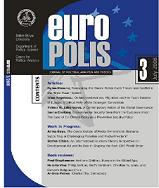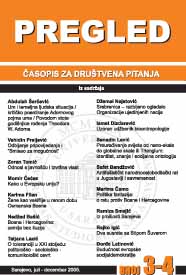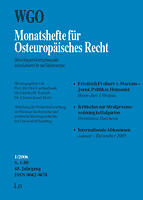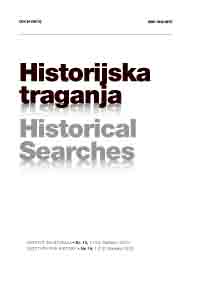
The Concentration of Media Ownership in Romania: Supporting or Challenging Pluralism and Media Freedom?
Increased debate has been developed in recent years on how the reconfiguration of media ownership affects media content, and especially on whether the concentration of ownership supports or challenges pluralism and media freedom. The current paper aims to analyze this topic in the particular case of Romania, one of EU’s newest members and a market where consolidation of media ownership is currently an ongoing process. My undertaking starts from the framing of general arguments used in the debate pro and against consolidation of ownership in the media field. It then proceeds to an extensive analysis of the Romanian media market, its regulations and regional specificities, for the purpose of assessing the ongoing consolidation trends. Finally, it makes extensive use of the empirical insights offered by a set of interviews with Romanian media analysts, with the aim of drawing conclusions pertaining to the main research question: Does the concentration of ownership support or challenge media freedom and pluralism in Romania? Findings will indicate that concentration of media ownership is not a negative tendency in itself, but corroborated with regional specificities –such as lack of transparency in ownership and funding, poor implementation of the legislative framework and the unclear division between editorial and business policies inside media outlets – which might become a source of concern.
More...


